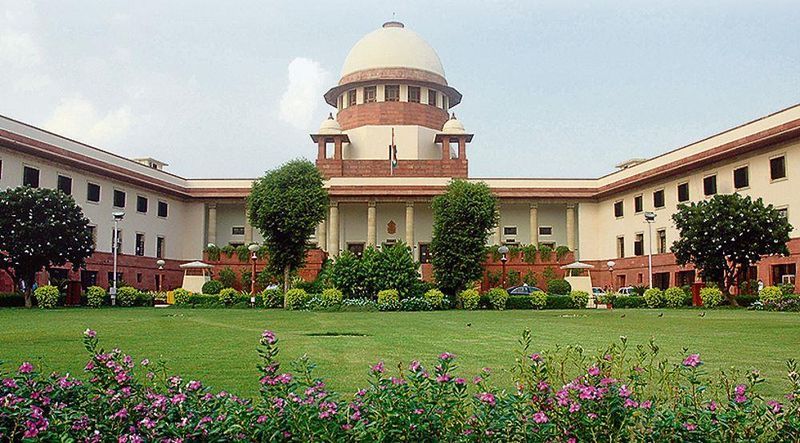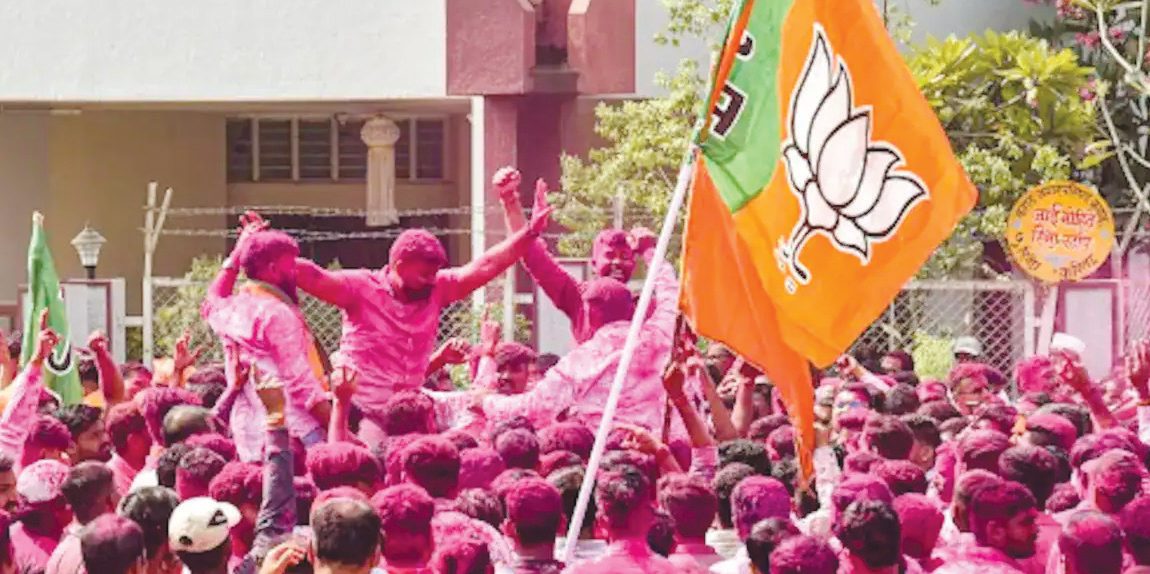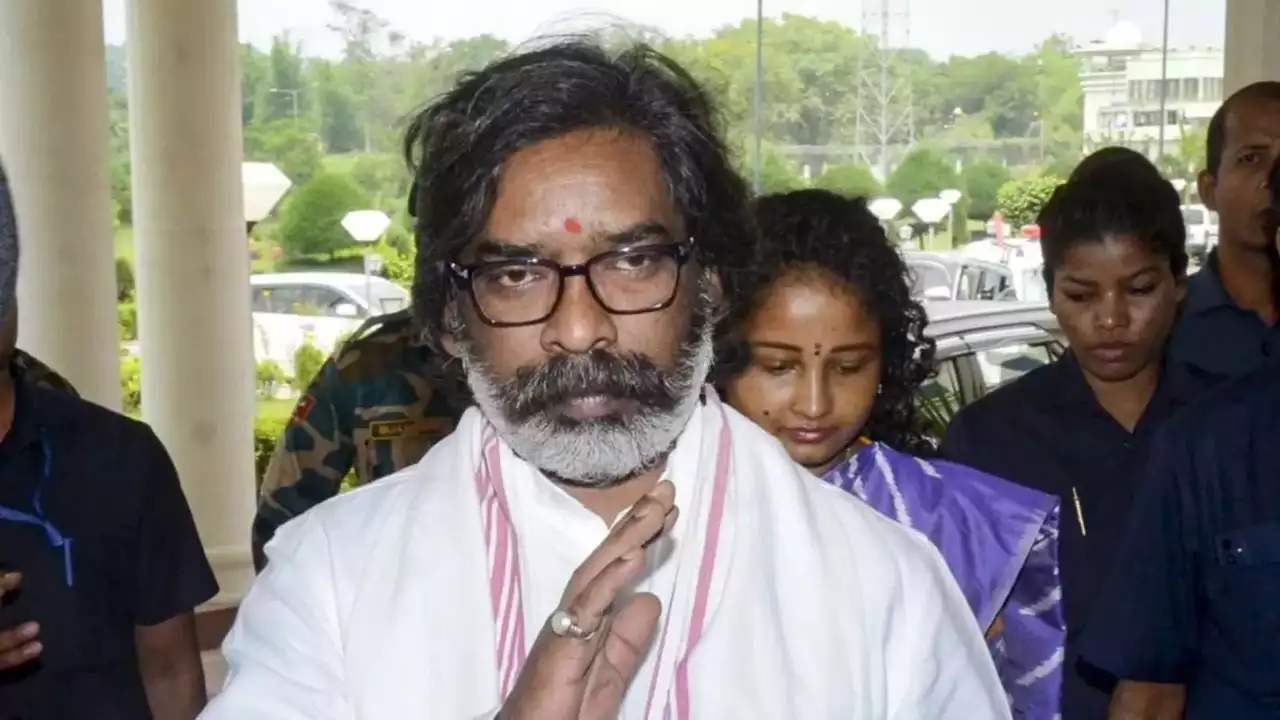
SC bans caste-based discrimination in prisons, quashes jail manual rules of 10 states
PTI New Delhi: In a landmark verdict, the Supreme Court on Thursday banned caste-based discrimination like division of manual labour, segregation of barracks and bias against prisoners of de-notified tribes and habitual offenders by holding as "unconstitutional" the jail manual rules of 10 states for fostering such biases. Observing that "right to live with dignity extends even to the incarcerated", a bench comprising Chief Justice D Y Chandrachud and Justices J B Pardiwala and Manoj Misra said, "Criminal laws of the colonial era continue to impact the postcolonial world." It asked the Centre and the states to amend their prison manuals and laws within three months, and file compliance reports before it.It dealt with certain discriminatory provisions of jail manuals of Uttar Pradesh, West Bengal, Madhya Pradesh, Andhra Pradesh, Odisha, Kerala, Maharashtra Karnataka and Himachal Pradesh and set them aside.
Referring to right against touchability, it said Article 17 enunciates that everyone is born equal. "There cannot be any stigma attached to the existence, touch or presence of any person. By way of Article 17, our Constitution strengthens the equality of status of every citizen...," it said. Referring to an instance, it said convicts from communities lower in the caste hierarchy were expected to continue with their customary occupations in jail and the caste hierarchy outside the prison was replicated within the prison. "Rules that discriminate among individual prisoners on the basis of their caste specifically or indirectly by referring to proxies of caste identity are violative of Article 14 on account of invalid classification and subversion of substantive equality," it held. For instance, rules assigning sweeping work which stipulate that "sweepers shall be chosen from the "Mehtar or Hari caste", also is part of discrimination, it said.
Penning the 148-page judgment on a PIL of journalist Sukanya Shantha who had written an article on prevalent caste-based discriminations on prisons, the CJI also ordered deletion of the 'caste' column and any references to caste of jailed undertrials or convicted prisoners' registers inside the prisons. "The right to live with dignity extends even to the incarcerated. Not providing dignity to prisoners is a relic of the colonizers and pre-colonial mechanisms, where oppressive systems were designed to dehumanize and degrade those under the control of the State. "Authoritarian regimes of the pre-constitutional era saw prisons not only as places of confinement but as tools of domination. This Court, focusing on the changed legal framework brought out by the Constitution, has recognized that even prisoners are entitled to the right to dignity," the verdict said.
Referring to fundamental rights on equality, life with dignity, abolition of untouchability and the right against slavery, it said in a post-constitutional society, the law must take affirmative steps to achieve equal protection of law to all its citizens. Observing that human dignity is a constitutional value and a constitutional goal, it referred to judgments and said, "Human dignity is intrinsic to and inseparable from human existence" and this also included "the right to protection against torture or cruel, inhuman or degrading treatment". The CJI said there also exists a close relationship between dignity and the quality of life. Dignity of human existence is fully realised only when one leads a quality life, he added.
 English daily published in Bengaluru & Doha
English daily published in Bengaluru & Doha






